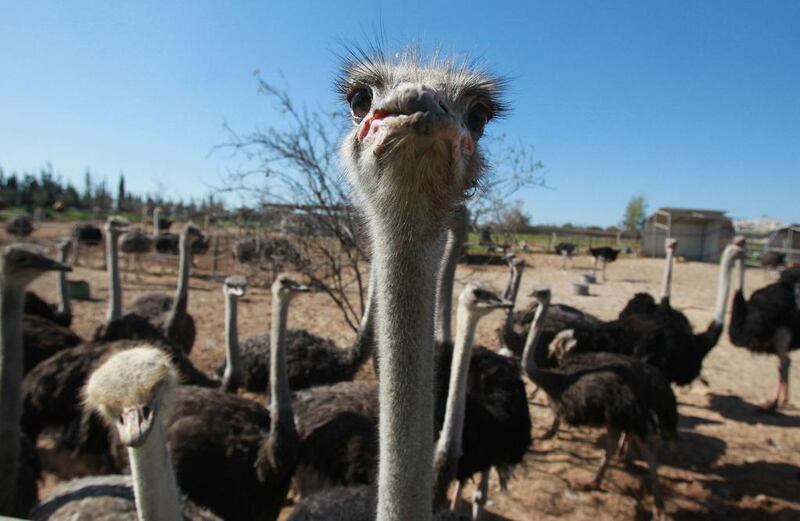The clash between Israel and the Palestinians extends far beyond the definition of a conflict between two parties. Yet, Israel has invested handsomely in cynical PR efforts designed to belie the underlying nature of the occupation, one which is predicated on the economic domination of Palestinian society. Indeed, it is Israel's vast economic control over the West Bank that guides the country's inability and unwillingness to end its decades-long occupation.
Even in the realm of tax revenue and international aid, Palestinian capital can’t escape the long arm of Israeli occupation. Crucial tax revenue was recently withheld as punishment for Palestinian non- violent initiatives such as the statehood bid in the United Nations.
Palestinians have met this form of economic warfare, not with surrender but defiance. The first Intifada was typified by a variety of boycotts of Israeli products, not to punish Israel’s bottom line but to demonstrate the prospect of Palestinian economic sovereignty. Now, a quarter of a century after the first Intifada, there are new efforts underway in the West Bank that blend Palestinian ingenuity and business innovation under some of the most difficult conditions in the region.
As The National reported yesterday, two new agricultural initiatives in the field of ostrich meat and mushroom production are attempting to create fresh revenue streams based on the creation and export of 100 per cent Palestinian products.
This spirit of entrepreneurship is not limited to the production of food and extends from the world of design to tech innovation. Take the ShamsArd design studio in Ramallah, which produces avant garde home furniture. Refusing to rely on Israeli authorities for imports of raw materials, the company’s designers recycle products found throughout the West Bank. The result is furniture that is environmentally friendly and distinctively Palestinian.
The challenge is to get greater attention for this vibrant economic environment, which is slowly developing despite the blanket of Israeli occupation. We have witnessed how nonviolent calls to boycott Israel into ending the occupation are shifting the global debate about the conflict. What is also needed is an awareness campaign that highlights Palestinian entrepreneurship and shows by example that Palestinians are not just victims.





